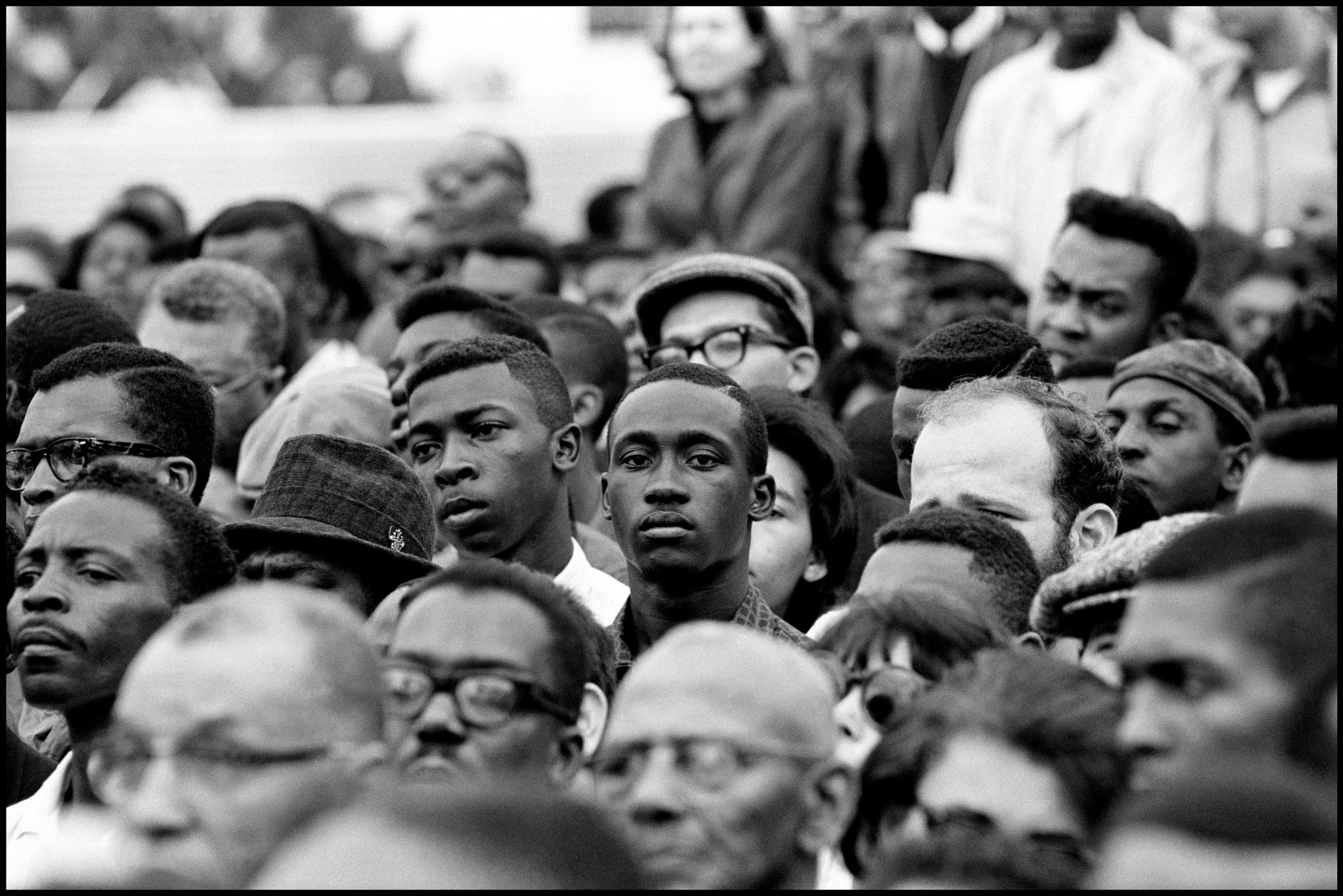When I saw this article in Sunday’s NYT about a pop up coffee shop in the Bronx where the main premise was a precursor to Starbucks’ Race Together project it brought to mind another coffee shop that I continue to hold fondly, Oakland’s Coffee With A Beat.
According to the NYT:
Months before Starbucks’s much-derided “Race Together” initiative, [Vernicia Colon] ran the Mix Coffeehaus, a South Bronx pop-up shop that used the act of ordering coffee to get customers to explore their own racial identity.
Coffeehaus was Colon’s thesis project at Parsons, The New School of Design. In a sense it was a variation of the campaigns exploring microaggressions. But instead of leaving the culprits to passively look at responses to their microaggressions via a photo exhibit or a video, Colon’s Coffeehaus incited a provocative dialogue in real time.
It is hard to imagine building a business in this manner, nor was that Colon’s vision.
Starbucks on the other hand in conceptualizing Race Together was envisioning a scenario where the corporate bottom line would not be hampered by encouraging its front line employees to engage in conversations about race. A number of commentators argued that Race Together would slow down lines, cause the baristas undue burdens, and force a conversation that most people just do not want to have with the person pouring their coffee at 8AM.
Ironically enough, these frank explorations of race and politics were two of the things that I enjoyed most about my time spent at Coffee With a Beat during my various stints in Oakland. Every morning the owner Nate would often slide from behind the counter and join in with a crew of locals to discuss the day’s news. Everything from race to US interventions in Iraq and Afghanistan to the sorry state of the Oakland Raiders was fair game. I remember telling my friends back east that Coffee With a Beat was like a mix between a barbershop and a coffee shop.
Reflecting on Coffee With a Beat within this context of Starbucks’ Race Together campaign, what derailed this initiative was not Starbucks’ heavy-handed/aloof assumptions that they’d be doing something new or different as the NYT profile appears to be suggesting. Rather, where Starbucks fell short was that Race Together exposed Starbucks’ tenuous relationships to the communities within which it resides. It is a chain that is at once everywhere and nowhere.
And in so doing by launching Race Together, Starbucks laid bare that these conversations are not taking place within its stores.
This is neither a good or bad thing per se.
It just goes to serve as a reminder if you want your coffee with a beat, then you should look somewhere other than Starbucks.
Here’s what we need to understand: This has happened before. For 10 brief years after the Civil War, a coalition of ex-slaves and white farmers worked to forge democracy in the former Confederacy. With the help of the federal government, they scored real victories and made significant gains. But their success spurred a backlash of angry whites, furious at sharing power with blacks and their Northern allies, murderous at the very idea of social equality. Those whites fought a war against Reconstruction governments, and when they won, they declared the South redeemed.

